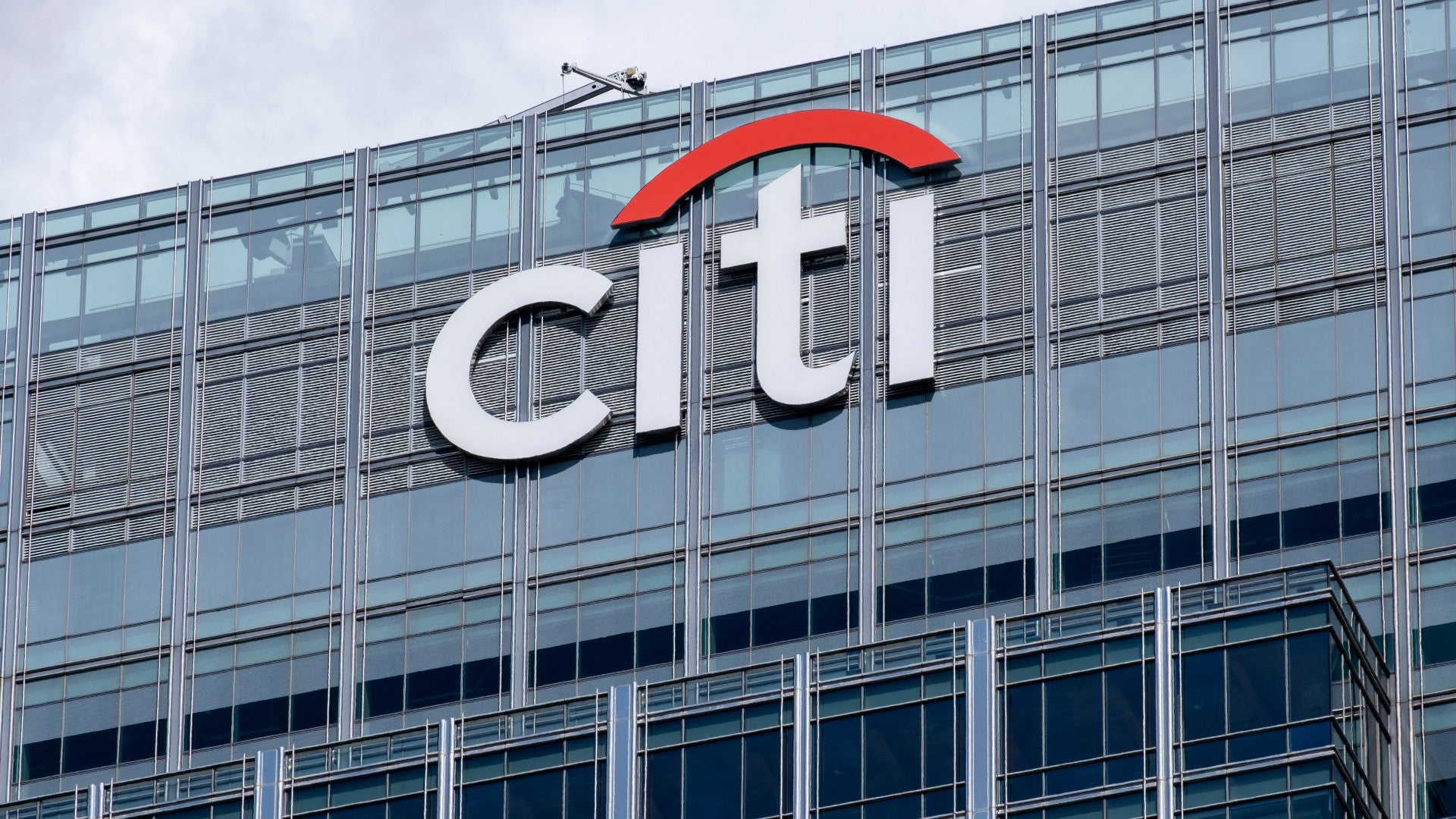
Citigroup debuted its latest foray into blockchain this week, and it might have finally found a use for the technology. The multinational investment bank plans to allow institutional clients to ‘tokenise’ their deposits, allowing for near-instantaneous settlement of transactions.
Citigroup suggests two major uses for this technology in its press release. One is quite simple, allowing for liquidity transfers between branches 24/7, largely eliminating wait periods and decreasing frictions created by cut off times and service gaps.
The second is more interesting, but also more niche. Shipping companies still largely rely on physical letters of credit for fuel and other goods acquired when at sea, since carrying large amounts of currency is impractical. These letters are issued by a bank, in this case Citigroup, and are then taken by the supplier to the bank for payment. This process slows payment for all involved and creates potential issues with tracking should the paper trail not be properly maintained.
By utilising smart contracts, a digital contract that automatically executes when certain criteria are met, this process can be effectively automated. Citigroup has already successfully completed a pilot with a canal authority alongside Danish shipping giant Mærsk. Mærsk’s Regional Treasury Manager for the Americas, Marie-Laure Martin, said that “the innovation solution has promising applications for trade finance.”
While this technology has been trialled before – most notably by JPMorgan Chase & Co. in collaboration with the Monetary Authority of Singapore – Citigroup are the first major bank to use a private blockchain to operate the token transfer. This means that Citigroup own and manage the infrastructure behind the tokens, theoretically increasing security.
This also has the bonus of allowing transmission to take place without clients having to own a digital wallet themselves, instead able to access liquidity through existing systems. This solves one of the largest pain points that EPI has raised in the past around blockchain in finance, namely that any loss in friction through speed is negated by additional system interaction requirements from customers.

US Tariffs are shifting - will you react or anticipate?
Don’t let policy changes catch you off guard. Stay proactive with real-time data and expert analysis.
By GlobalDataThe dawn of this technology, alongside the controversial restructure the bank announced last week (14 September), may signal a new era for Citigroup though whether their early adopter status can be leveraged into long-term market advantage remains to be seen.
Our signals coverage is powered by GlobalData’s Thematic Engine, which tags millions of data items across six alternative datasets — patents, jobs, deals, company filings, social media mentions and news — to themes, sectors and companies. These signals enhance our predictive capabilities, helping us to identify the most disruptive threats across each of the sectors we cover and the companies best placed to succeed.






